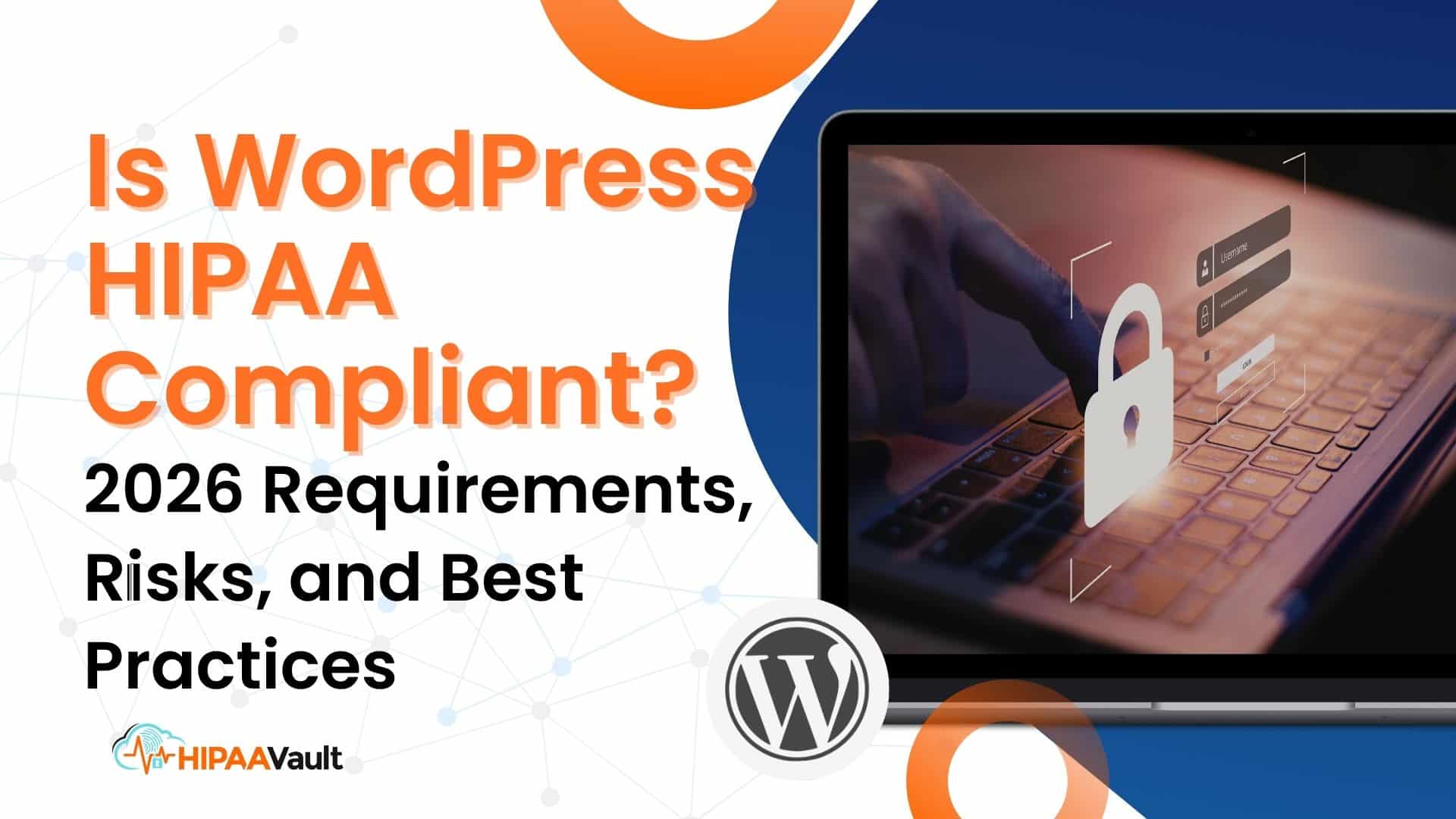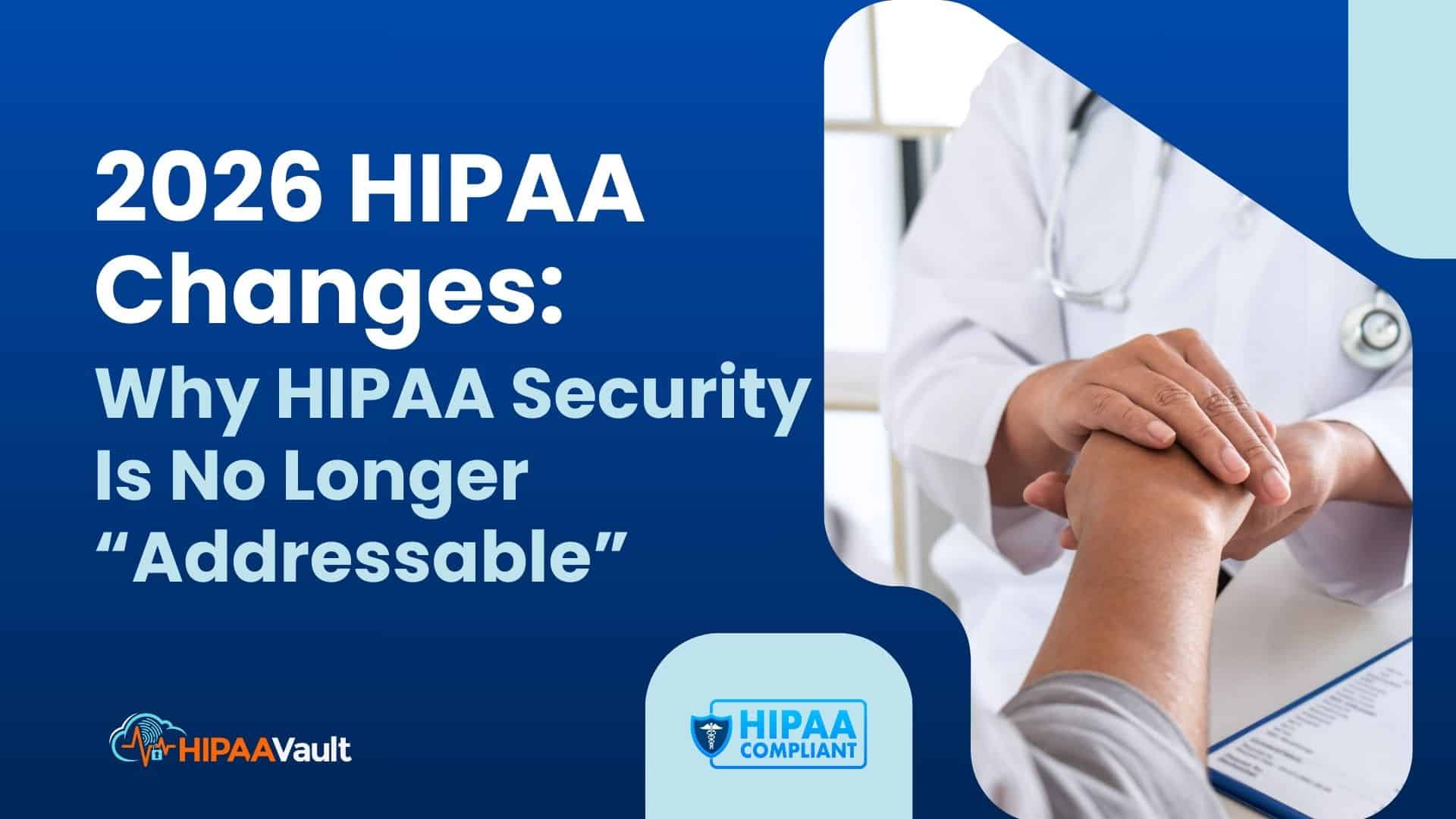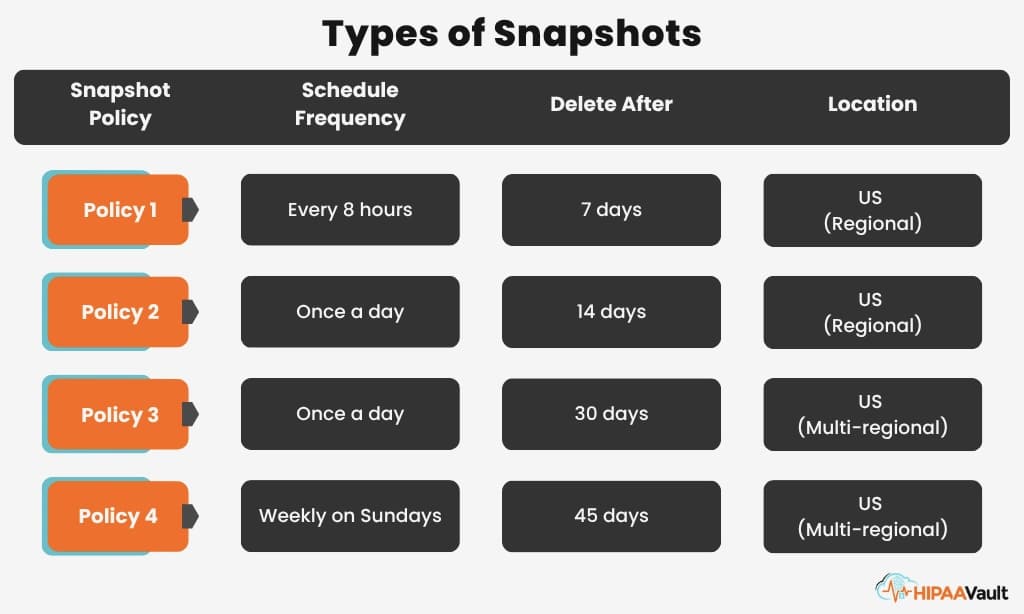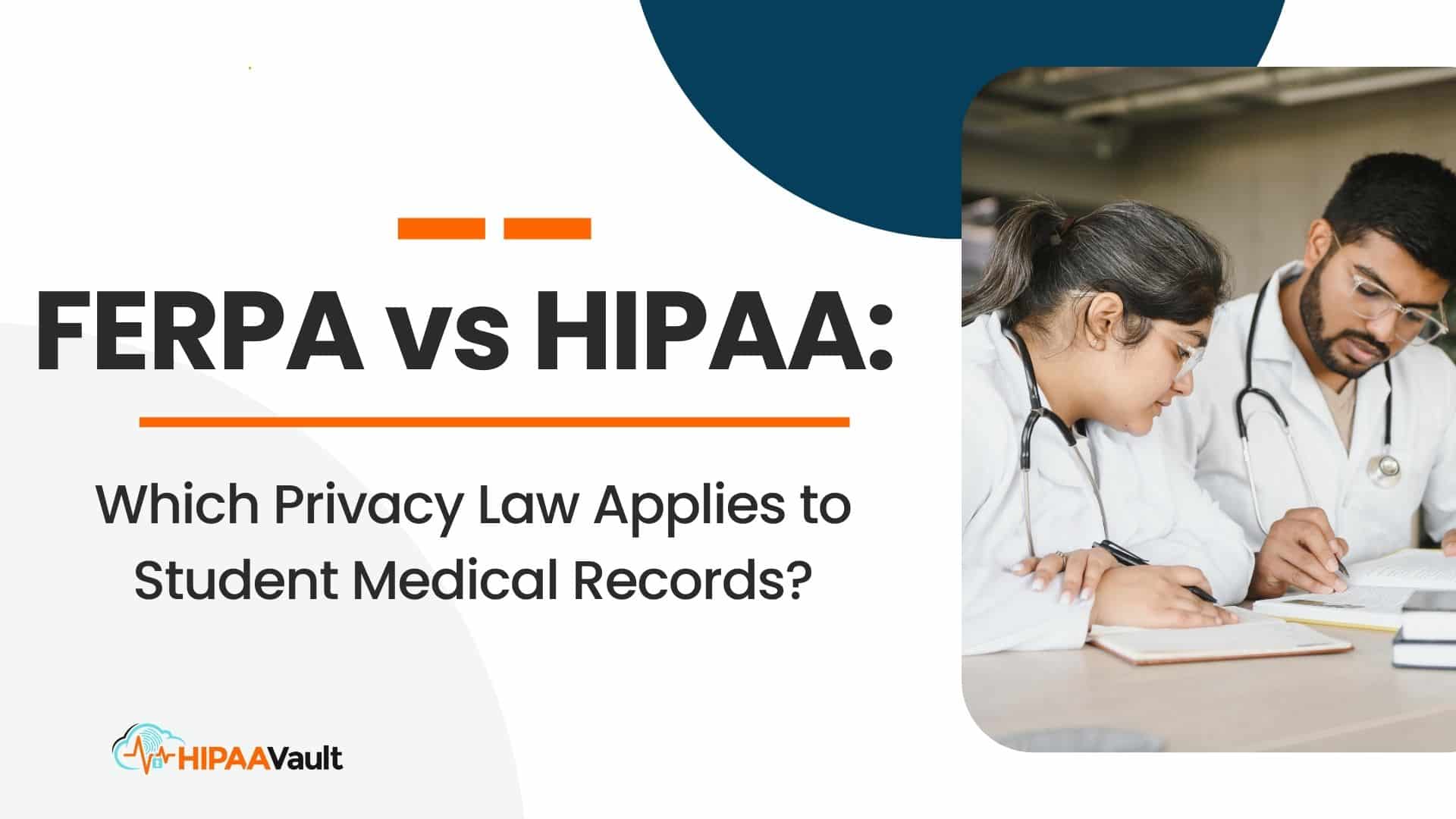
FERPA vs HIPAA: Which Privacy Law Applies to Student Medical Records?
Organizations that handle student health information often default to HIPAA — but in education environments, that assumption is frequently wrong. Understanding FERPA vs HIPAA is critical for schools, universities, healthcare partners, and vendors because misclassifying which law applies can lead to improper disclosures, failed audits, and incorrect responses to breaches or record requests. This guide... Continue reading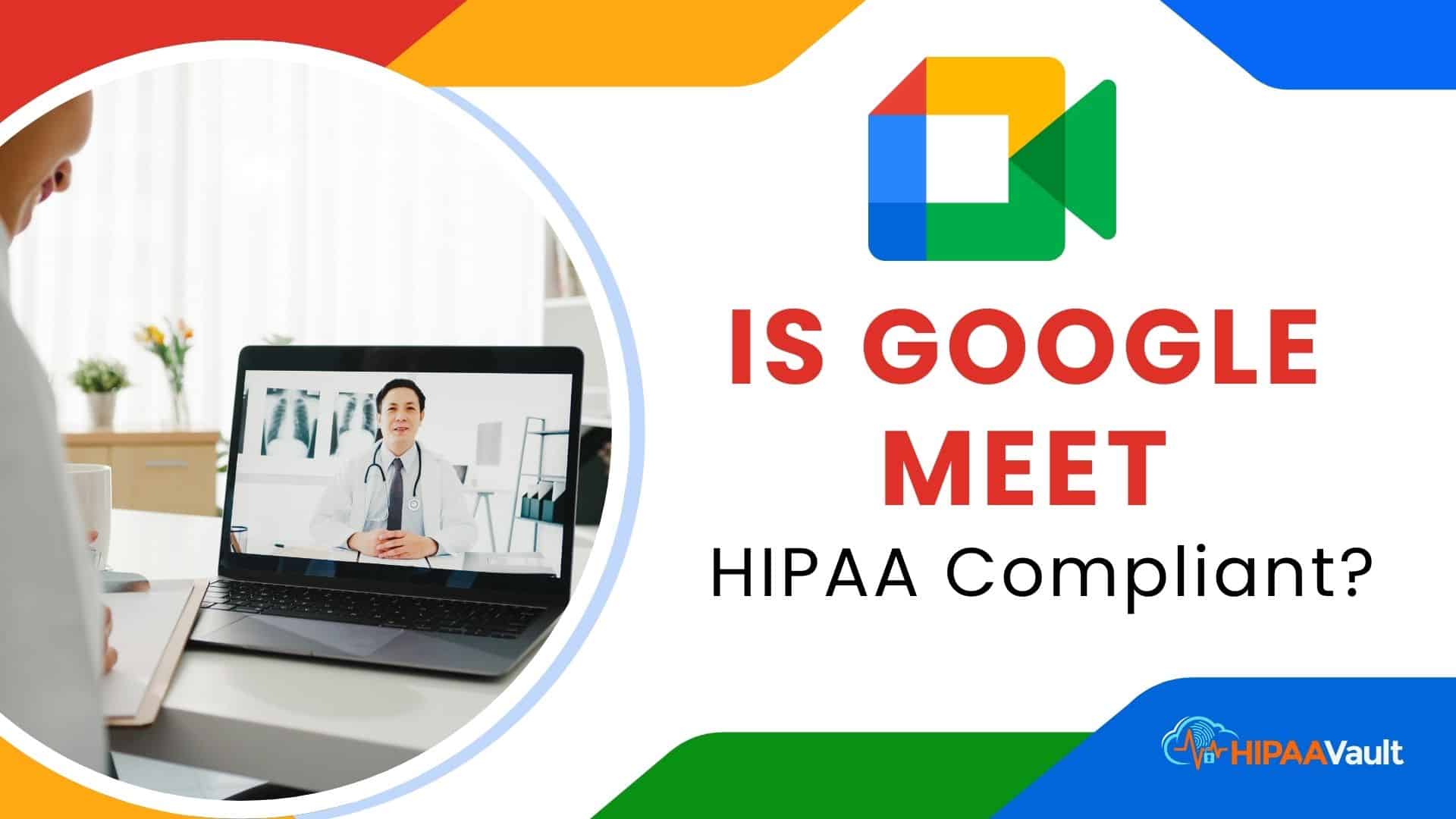
Is Google Meet HIPAA Compliant?
Healthcare organizations increasingly rely on video conferencing for Telehealth visits, internal collaboration, and patient communication. This raises a critical compliance question: is Google Meet HIPAA compliant? The short answer is no — not by default.Google Meet can be used in a HIPAA-compliant way, but only under specific conditions that many healthcare organizations misunderstand or fail... Continue reading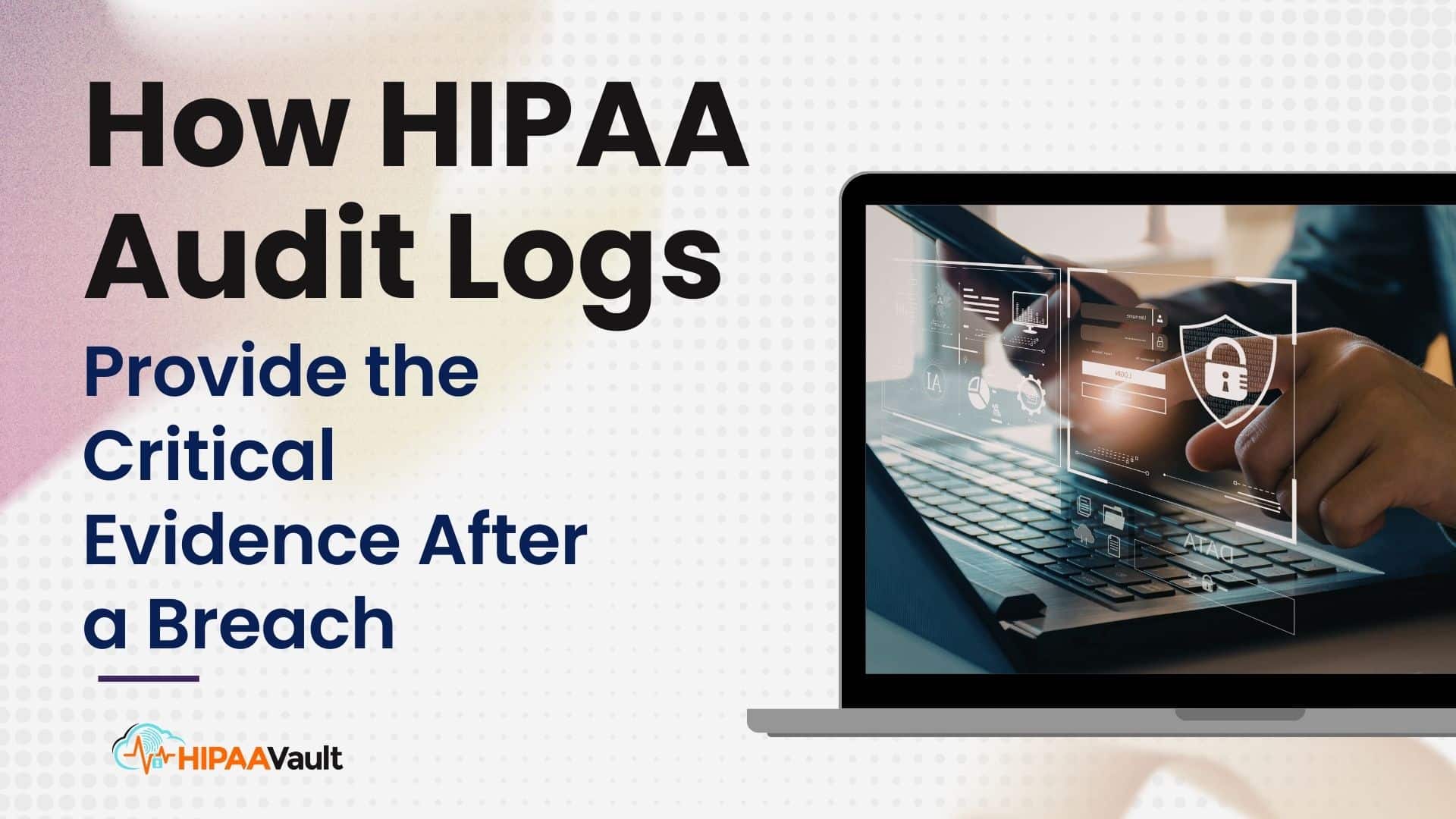
How HIPAA Audit Logs Provide the Critical Evidence After a Breach
Healthcare organizations rarely fail HIPAA audits simply because a breach occurred. More often, they fail because they cannot prove what happened. HIPAA audit logs are the primary mechanism regulators, investigators, and security teams rely on to determine whether electronic protected health information (ePHI) was accessed appropriately. When questions arise about who accessed data, when access... Continue reading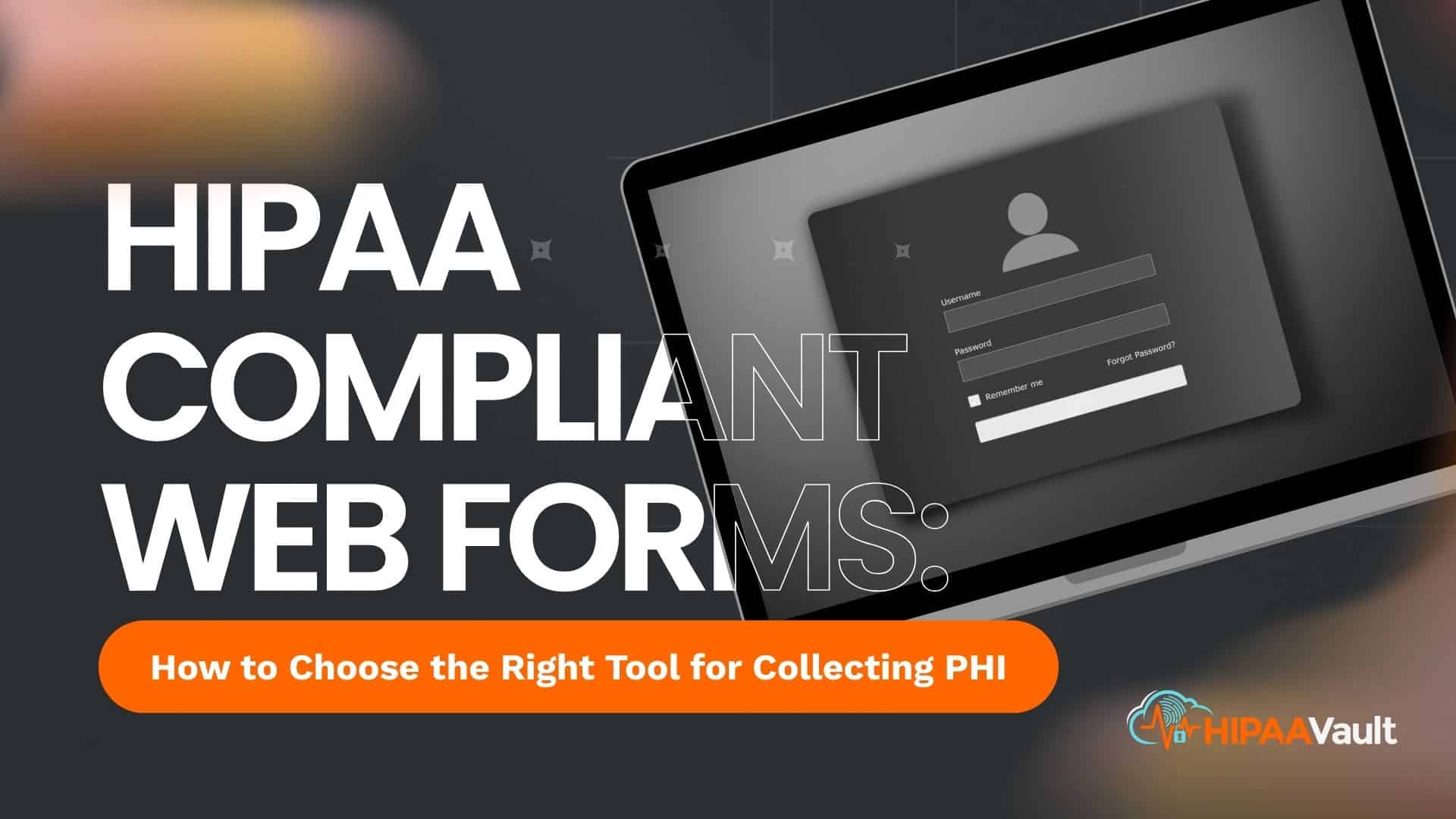
HIPAA Compliant Web Forms: How to Choose the Right Tool for Collecting PHI
HIPAA compliant web forms are widely used for patient intake, appointment requests, and healthcare contact forms. While many online form builders claim to be “secure,” only a small number are actually appropriate for collecting protected health information (PHI). The challenge is that HIPAA compliance is not determined by form design or encryption alone. It depends... Continue reading